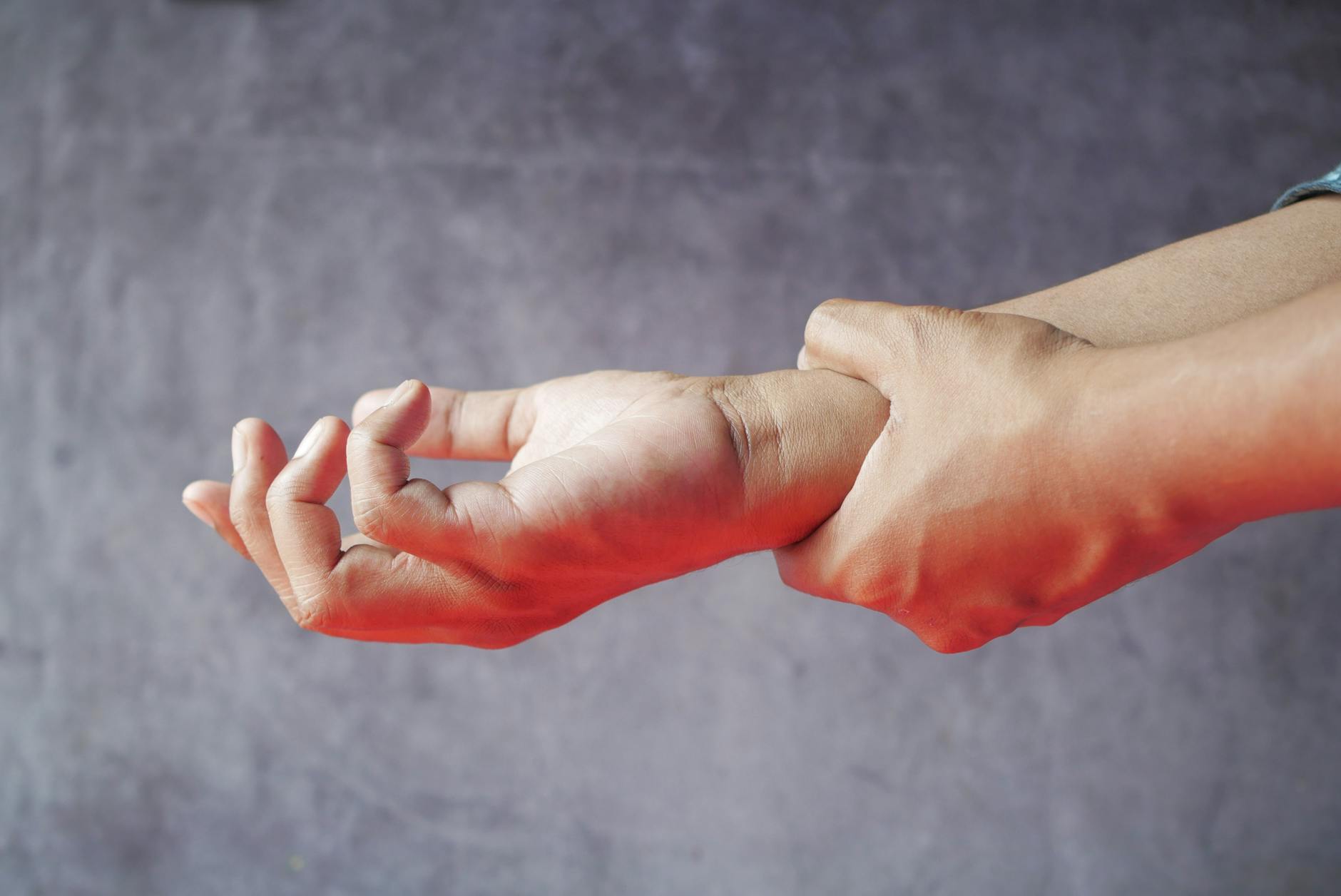
You thought it would go away on its own
At first, it was manageable. Just a pinch. Just the stairs. Just that one position. You told yourself it was age. Or sleep. Or weather. So you stretched more. Walked slower. Avoided kneeling. You didn’t call it pain yet.
But the body remembers what it hides.
And eventually, it asks to be heard.
The body remembers what it hides
You noticed how you started planning around it. How you stood differently. How long car rides became a calculation. Even laughter started to feel like work. You learned where to place your weight. How to keep pressure off the wrong places. How to breathe through it in silence.
No one else noticed. But everything changed.
You learned where to place your weight
There were creams. Injections. Warm compresses. Gentle yoga. Not because you believed, but because you hoped. You didn’t want the word “surgery” to enter the room. You weren’t ready to be someone who needed that. But the relief always wore off.
You began to wonder if maybe it was already too late.
The relief always wore off
They didn’t rush you. They watched. Asked you to move. Listened between sentences. They paid attention to what you didn’t say. To how you winced while sitting. To how your hand hovered protectively around the joint. They called it compensation. You called it survival.
Neither of you were wrong.
You called it survival
Imaging came next. Quiet machines. Cold rooms. Shadows that told a story your words couldn’t. You stared at your own body from the inside. Something looked worn down. Smoothed where it used to glide. A narrowing. A space that no longer existed.
They called it progression. You called it proof.
You stared at your own body from the inside
There was no pressure. Just an invitation to decide. Together. They outlined what could change. What would be removed. What would stay. They didn’t promise a new body. Only the chance to return to the one that’s been waiting.
A version of you that moves without hesitation.
A version of you that moves without hesitation
You thought pain was the enemy. But now, it felt like a message. One you finally opened. It had been whispering for years. You just needed the right silence to hear it fully. And now, the question shifted from why to when.
When to stop managing. When to begin repairing.
It had been whispering for years
Surgery wasn’t dramatic. It was scheduled. Precise. Measured. A day marked on a calendar. But to you, it meant more. It meant choosing discomfort now for the hope of ease later. It meant trusting hands. Trusting healing. Trusting that this wasn’t the end of movement.
But the return of it.
Choosing discomfort now for the hope of ease later
Afterward, everything changed shape. Time moved slower. Pain was different now. Controlled. Expected. The recovery room was quiet. Your breath was steady. They checked on you with eyes that had seen this hundreds of times. Still, they treated it like it was yours alone.
Because it was.
They treated it like it was yours alone
Recovery is not a moment. It’s a process that doesn’t care how impatient you are. Some days feel like defeat. Others like discovery. You learn how many steps are too many. How many hours you can go without rest. You learn your limits—but also your edge.
Where strength begins again.
Some days feel like defeat, others like discovery
You keep showing up. To appointments. To exercises. To yourself. Slowly, things return. Bending. Turning. Standing from a chair without holding your breath. It doesn’t happen all at once. But you start believing you’ll get there. Even on the days you don’t feel it.
Especially on those days.
Standing from a chair without holding your breath
People ask how you’re doing. You say “better,” even if you’re not sure what that means. But it feels honest. Because better doesn’t mean perfect. It means possible. You walk differently now—not just physically, but with awareness. You protect less. You brace less.
You move like someone who remembers they can.
You move like someone who remembers they can
You still have pain sometimes. But it’s quieter. Less urgent. It doesn’t control the calendar. It doesn’t sit in the driver’s seat anymore. You’ve taken that space back. Piece by piece. Week by week.
That’s what healing looks like. Not disappearance. But power shifting back into your hands.
Pain doesn’t sit in the driver’s seat anymore
You don’t think of the surgeon every day. But when you tie your shoes without hesitation, you do. When you kneel. When you laugh freely. When you walk further than you planned without stopping.
You remember the day you said yes to healing.
And everything that’s come since.
